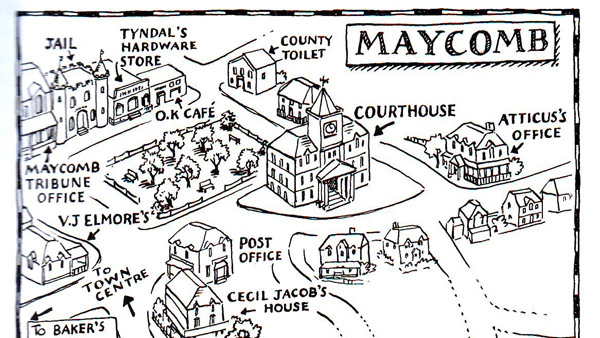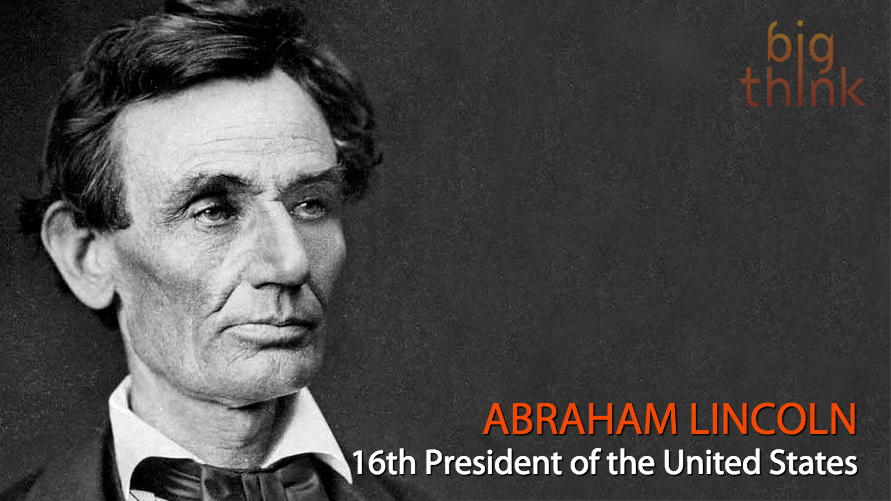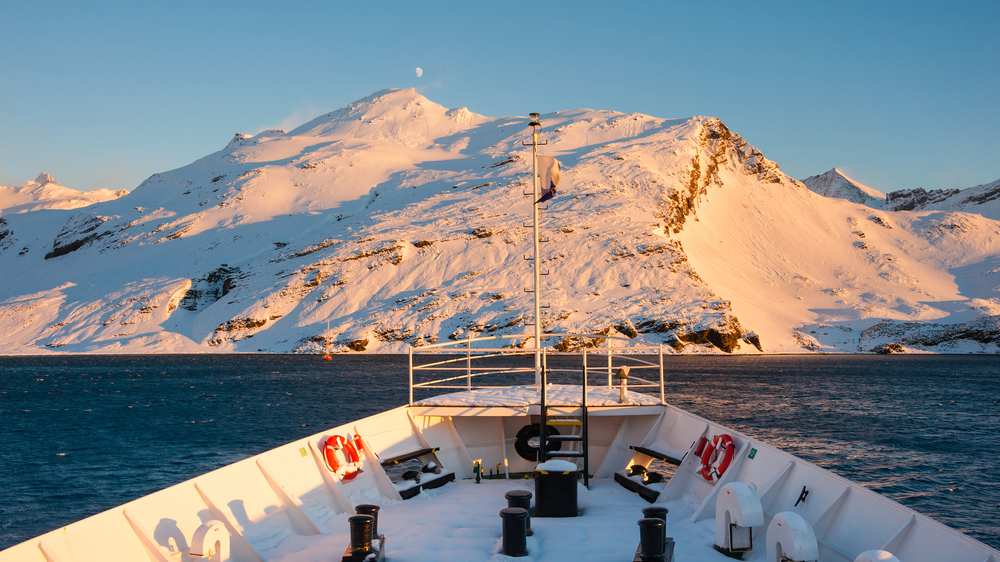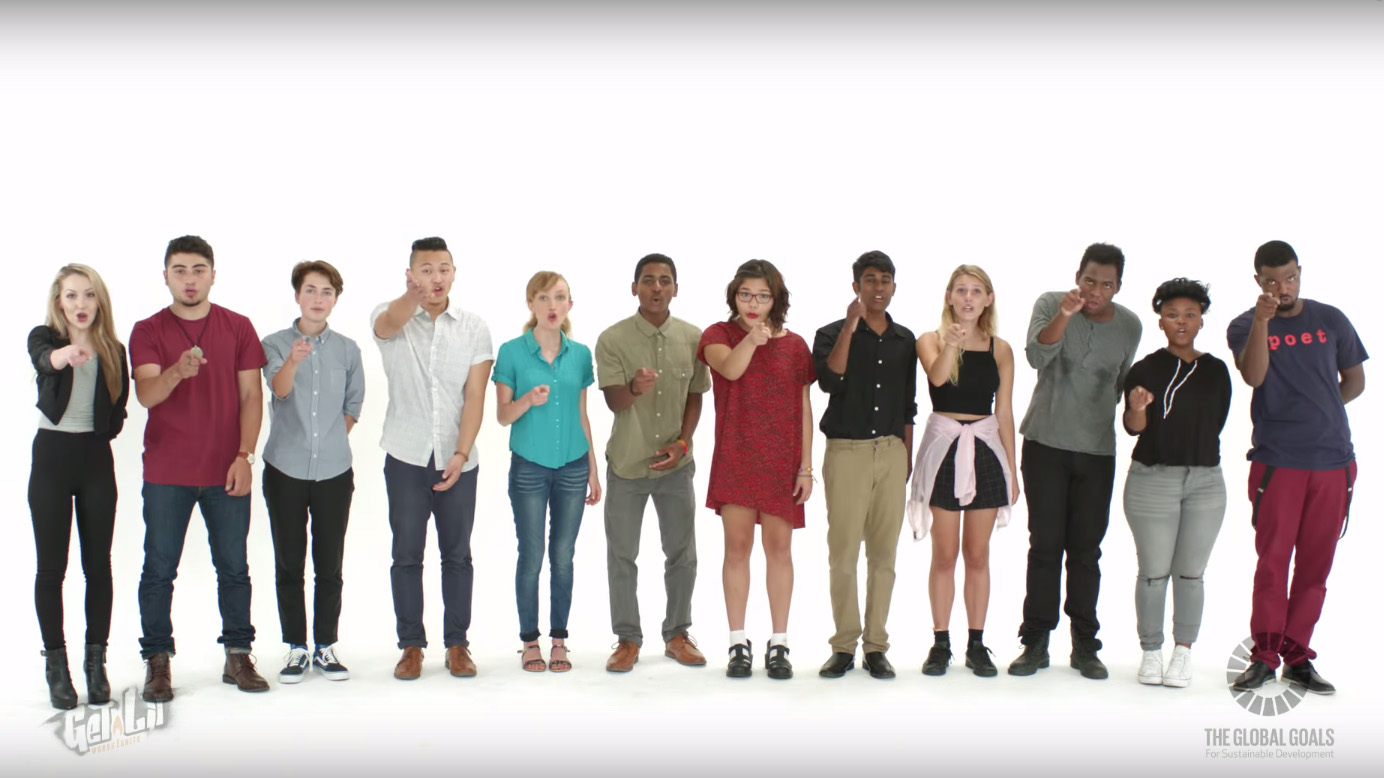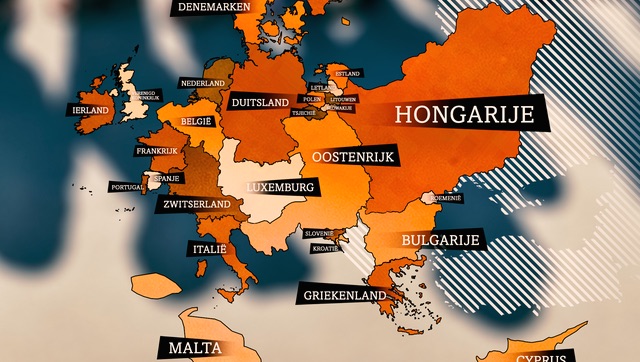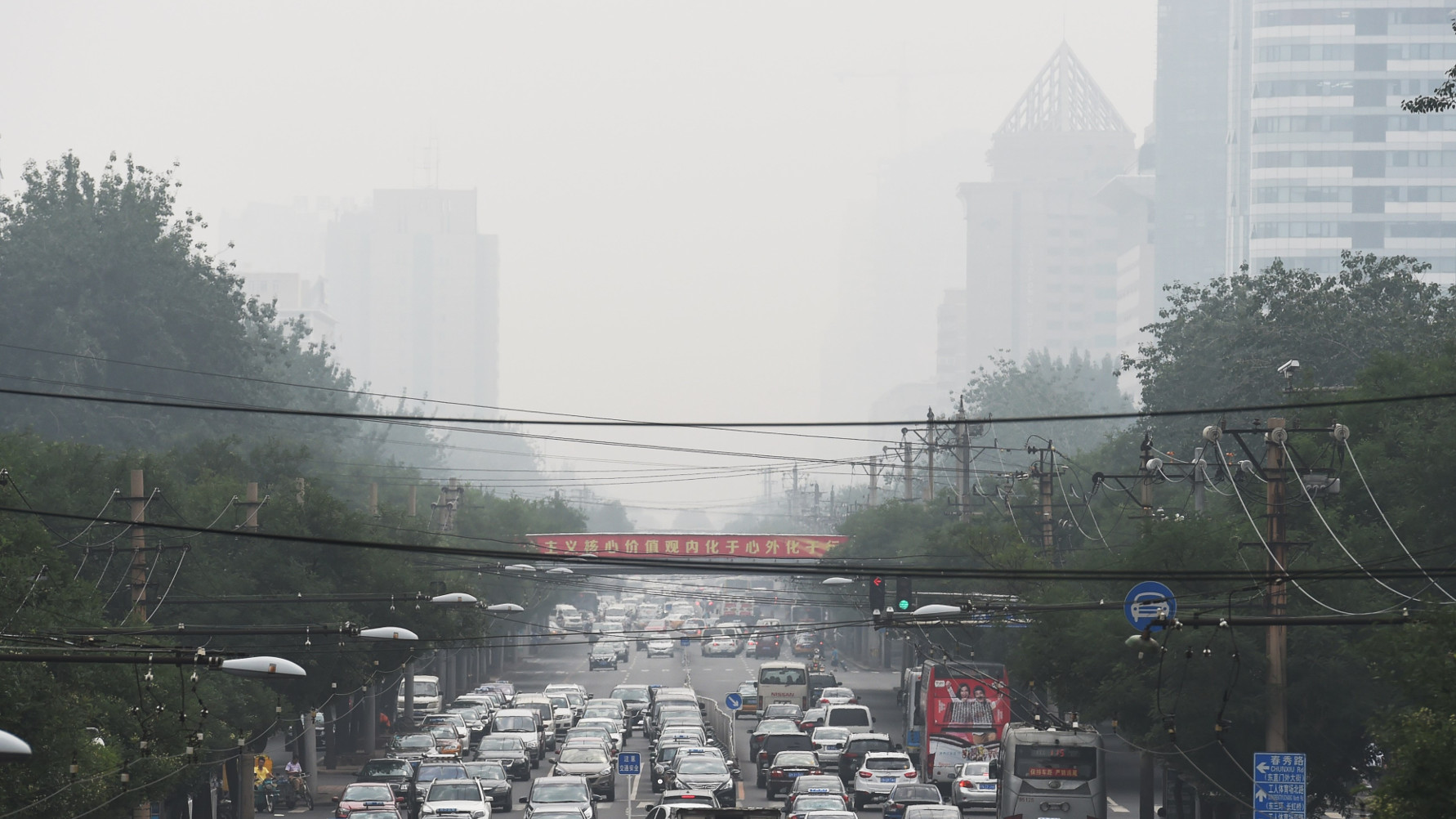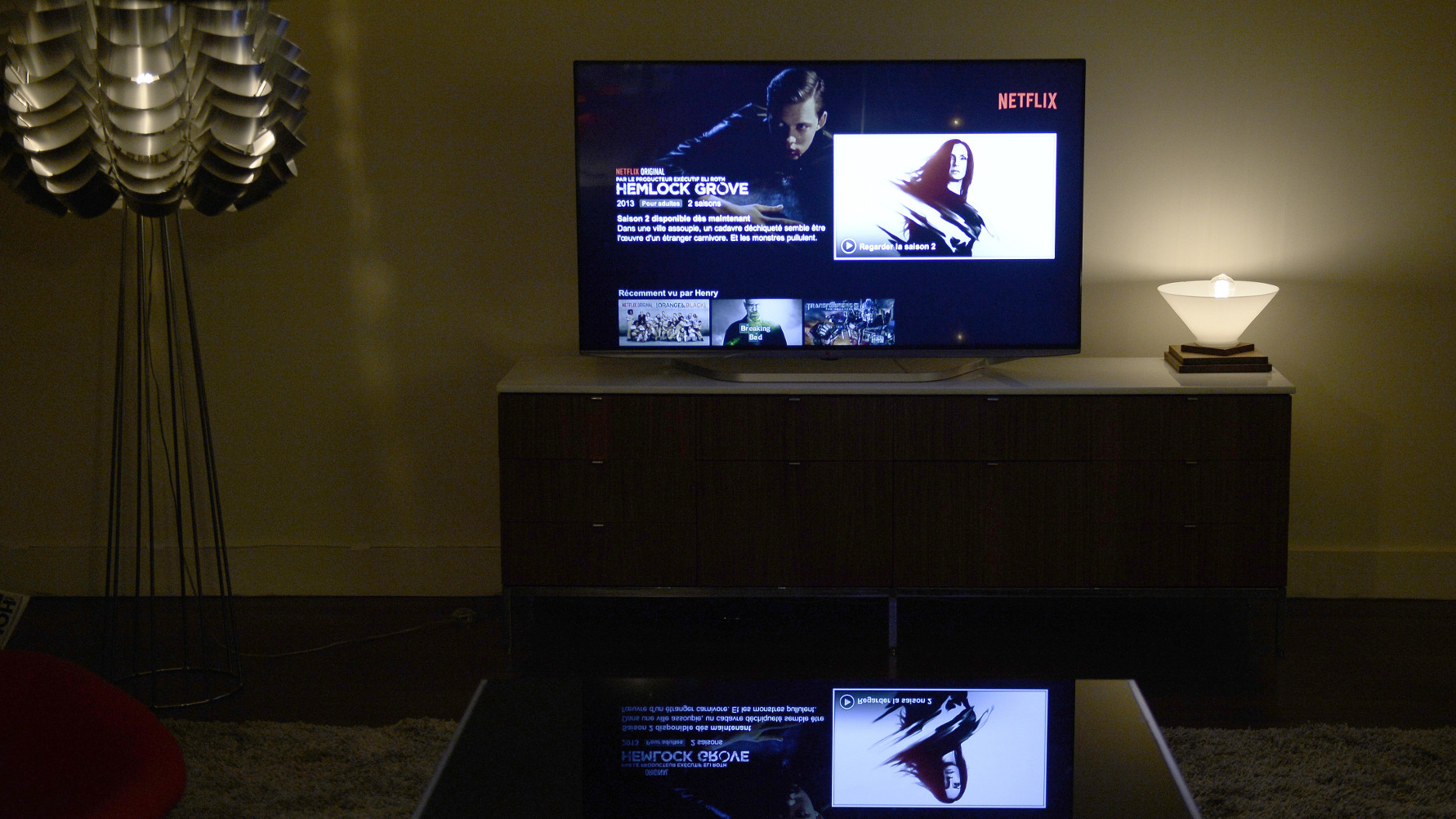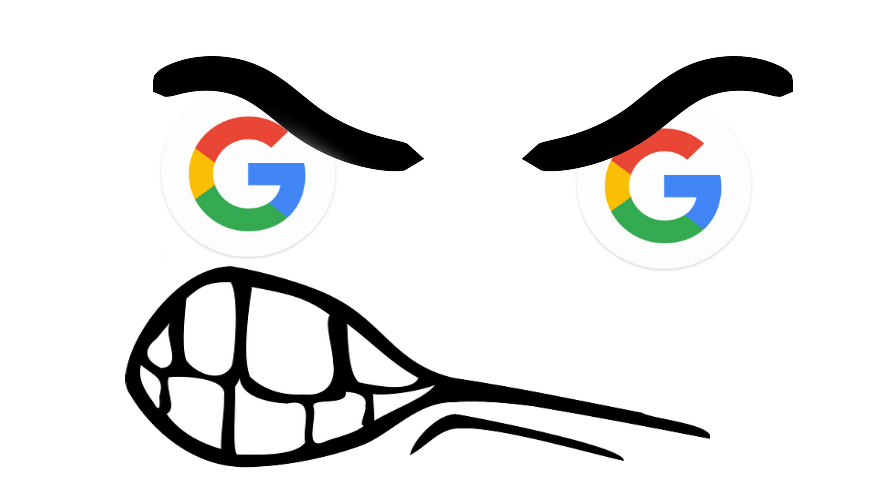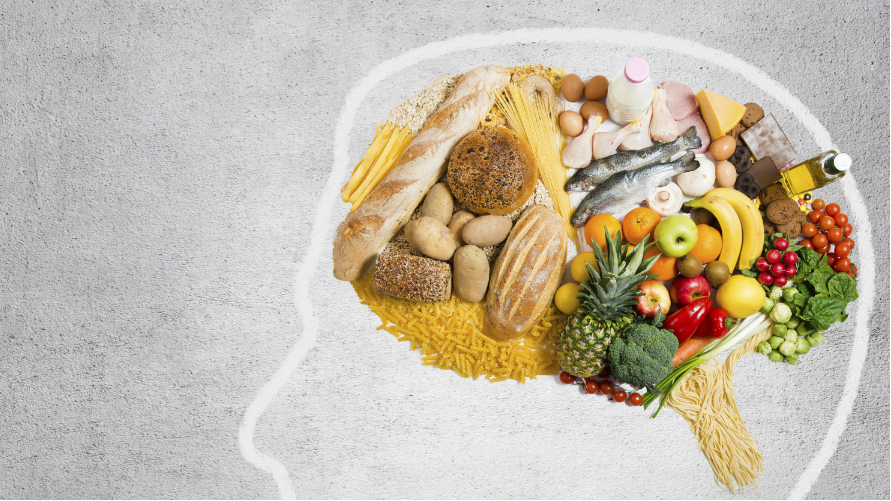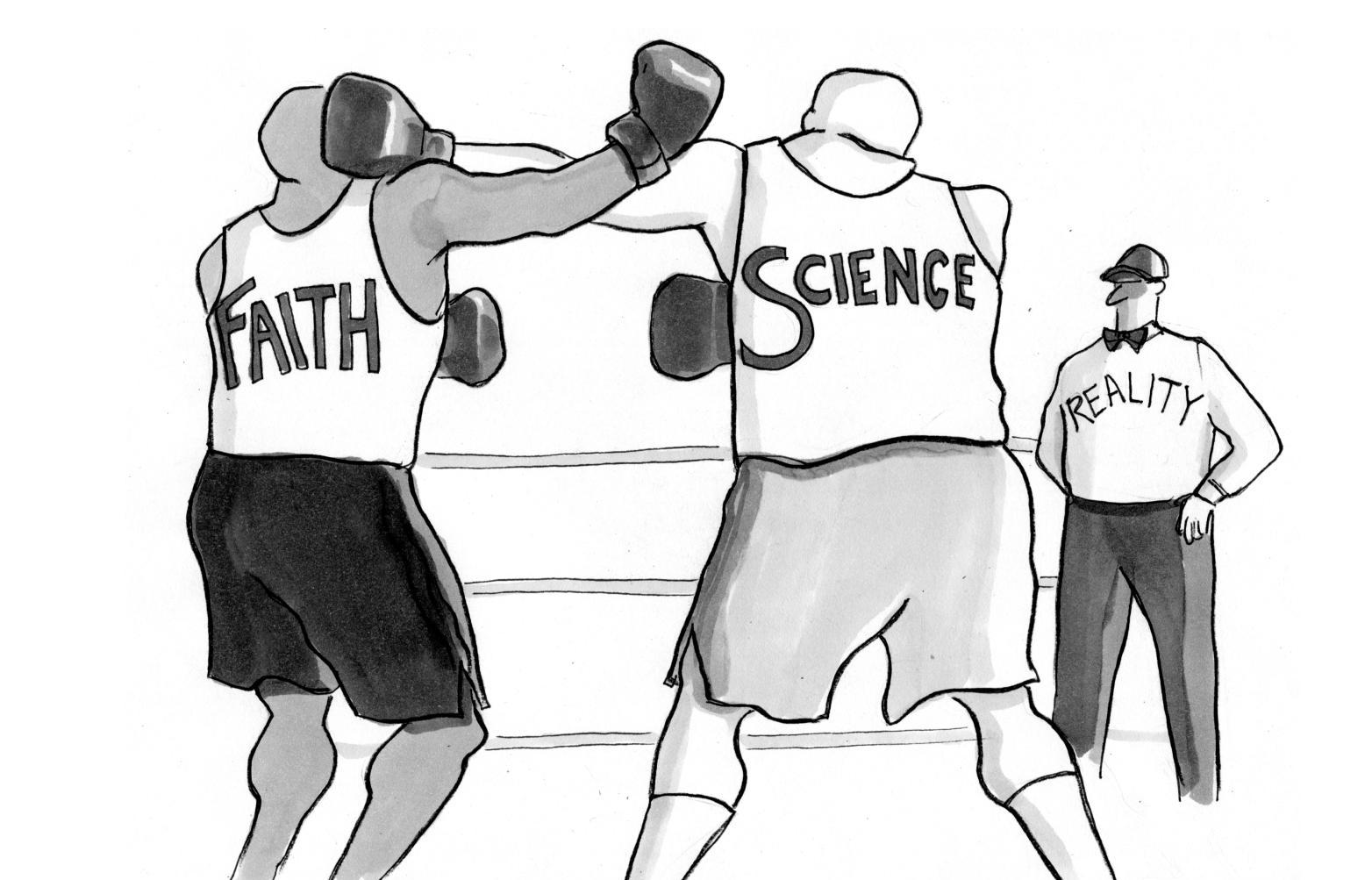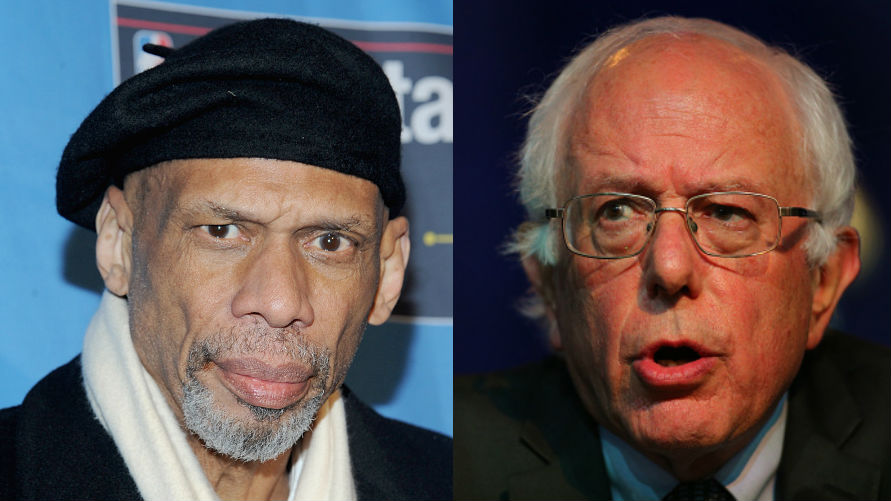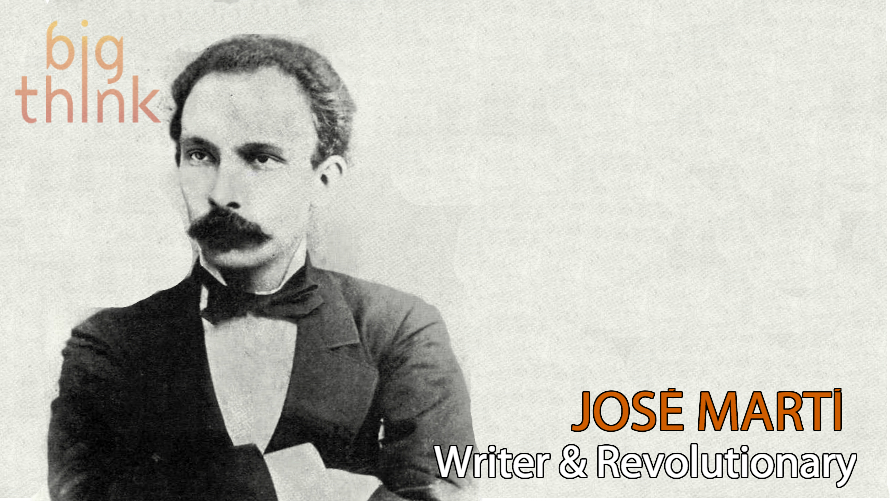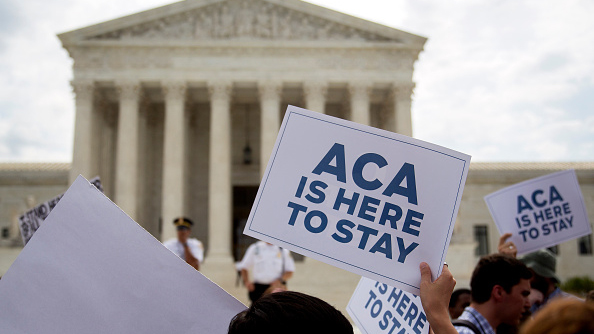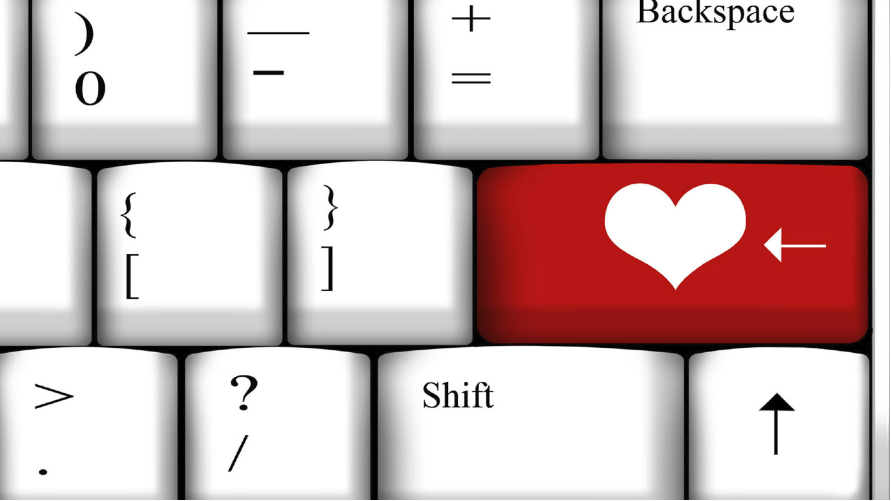Since being jailed last week for contempt of court, Kim Davis has emerged as a heroine for the conservative Christian Right.
All Articles
There are lots of wrong reasons out there, but only one that matters. “The scientist does not study nature because it is useful; he studies it because he delights in […]
Or did you not even realize you were being watched.
Maycomb is not on any map of the real world, but that doesn’t mean it can’t be mapped.
As children become more overscheduled, playtime decreases and the pressure to achieve increases. The cost of that trade-off is high.
Words of wisdom from Abraham Lincoln: “Our government rests in public opinion. Whoever can change public opinion, can change the government, practically just so much.”
SAT scores are the lowest they’ve been in a decade, so we’re making the test easier to take. What does that say about our data-obsessed culture?
Human population will rise to 9.7 billion by 2050 and further still to 11.2 billion by 2100. Not to mention global warming.
Take part in the biggest media campaign in history and spread awareness of UN’s Global Goals for the next 15 years.
Only 0.1% of all stars will die in a type II supernova. This one’s running away so fast, it’s literally a “shocking” sight. “The thing is, when you see your […]
The cologne marketed to men as “catnip for women” actually works. Only, not on women, but on jungle cats. “The impact of an attacking tiger can be compared to that […]
Malta and Hungary are refugee giants, Spain and Poland are refugee dwarves.
In Singapore, National Night is a night for baby-making. What happens when governments sponsor procreation?
Researchers develop an AI system that will predict how bad pollution will be in China’s cities 72 hours in advance.
We’re seeing a shift in our economy toward subscription-based programs.
Is it possible, how would it affect us, and would we be destroyed as a result? “There is a fifth dimension, beyond that which is known to man. It is […]
The quality of discourse over the new logo has skewed toward the low social media standard, although there are some smart and introspective things to be said for and about Google’s sudden shift.
Scientists are becoming increasingly certain that all the stuff we put through our digestive system is making a major impact on our state of mind.
Biases and flaws are like foreheads — it’s easier to see others’ than your own. So our most cherished beliefs should be tested by rigorous bias-balancing processes.
A sociologist has launched a blistering attack on his own field, but the problem he addresses is something that affects us all.
Kareem Abdul-Jabbar’s comments are plainly spoken, aspirational, and cognizant of an American aesthetic. It’s presidential material, actually.
Words of wisdom from Cuban national hero José Martí: “Everything that divides men, everything that specified, separates, or pens them, is a sin against humanity.”
Mariam Sultana became her country’s first woman with a Ph.D. in astrophysics. This is her story, with an update on where she is now. Mariam Sultana, Pakistan’s very first woman […]
A federal judge has dragged reproductive rights out of the mud of religion into the lofty heights of moral philosophy.
Recent trends in the habits of romantic millennials appear to buck conventional wisdom and well-regarded theories of communication.
A leftover glow unlike any other — of neutrinos — has finally been seen. “When you see how fragile and delicate life can be, all else fades into the background.” –Jenna Morasca Seventy years […]
NYU’s Dr. Nicole Foubister chats with us about the two-faced nature of bipolar disorder.
By Ethan SiegelImages: NASA, Francis Godwin, OSA As part of the Space Glass project — Ethan Seigel, astrophysicist, science communicator & NASA columnist explains how technology, imagination and our desires come together […]
A new study says that the less sleep you get, the more likely you’ll be to catch a cold.
To mark the centennial of Trappist monk, poet, theologian, and social activist Thomas Merton’s birth, a new exhibition focuses on his photography and how those photos are not just images to contemplate, but also ways of Zen contemplation.


